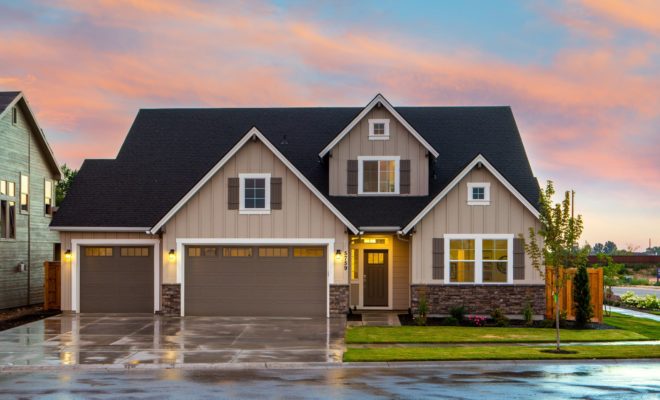Home Insurance Dos and Don’ts

Dos
Answer All Questions Truthfully: Be sincere in answering all questions so that the insurer knows about your high-value possessions, the size of your home, the style of construction, other structures, unusual features, and the major improvements required.
Inform Your Agent About Home Improvement Projects: Most insurers require policyholders to inform them about home renovations that cost $5,000 or more.
Upgrade Your Home for Better, Cheaper Coverage: Homeowners can qualify for the best coverage if they have a newer roof, a bolted foundation, and updated wiring, heating system, and plumbing. Ask your agent about what steps you can take to minimize your risk of loss.
Go for Higher Deductibles: A higher deductible means a lower premium. Moreover, it’s better to pay for claims of small amounts from your pocket, especially before the insurer implements the “Use it and Lose It” policy. This is a recent practice some insurers use to turn down renewing the policies of customers who file claims. With this, insurers can collect premiums but reduce payouts by making customers wary of filing claims.
Review Your Coverage with Your Agent: During renewal time, discuss with your agent what your policy limits are and emphasize that you want, to ensure you’re fully insured.
Don’ts
Underestimate Your Belongings: If you suffer a major loss, knowing how much replacing your possessions can cost may come as a major surprise to you.
Buy the Cheapest Home Insurance Policy to Save Money: There is no greater asset than your home, so make sure it’s well-protected.
Be Hesitant to Change Your Insurer: When it comes to insurance, being a loyal customer is of no benefit. You may have been paying premiums to your insurer for 20 years without ever filing a claim, but when your house suffers damage and you find out you’re underinsured, the insurer is not going to help on account of customer loyalty. Your insurer is unlikely to reward you by increasing your limits unless you fight for it, even if you’ve been a long-time customer.
Understate Details About Your Home: Understating information, such as how big your home is or what amenities it has, to get a lower premium is a bad idea.
Set Your Dwelling Limits Based on Your Home’s Purchase Price: Your home’s purchase estimated sale or appraised price is not predictive of how much it’ll cost to rebuild your home.






